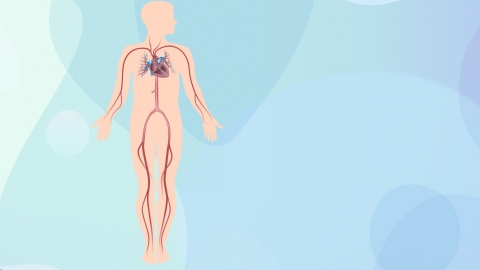What are the causes of central nervous system damage?
Generally, damage to the central nervous system may be caused by age-related degenerative changes, external impacts, infections, poisoning, cerebral hemorrhage, and other factors. If discomfort occurs, timely medical attention is recommended. Detailed explanations are as follows:
1. Age-related Degenerative Changes
With aging, nerve cells gradually age and undergo apoptosis, nerve fiber myelin sheaths degenerate, and central nervous system function declines progressively, potentially manifesting as memory loss and other signs of impairment. It is advisable to maintain moderate physical activity, such as walking and Tai Chi, to promote cerebral blood circulation, and engage in mental exercises like reading and playing chess to delay nerve cell degeneration.
2. External Impact
When the head sustains trauma, the central nervous system within the skull may be damaged due to concussion or compression, possibly accompanied by headache and confusion. Immediate rest and avoidance of strenuous activity are necessary after injury. If significant discomfort occurs, prompt medical evaluation is advised, and symptoms may be relieved through intravenous therapy when necessary.

3. Infection
Infections of the central nervous system caused by pathogens such as viruses and bacteria, for example viral encephalitis and bacterial meningitis, can damage neural tissues, leading to central nervous system injury, often accompanied by fever and vomiting. Patients should receive treatment under a physician's guidance using medications such as Acyclovir Injection, Ceftriaxone Sodium for Injection, and Mannitol Injection to control infection and reduce intracranial pressure.
4. Poisoning
Poisoning from carbon monoxide or heavy metals can impair nerve cell metabolism, causing central nervous system damage, potentially accompanied by dizziness, convulsions, and coma. Immediate removal from the toxic environment and elimination of toxins from the body are essential. Under medical supervision, medications such as Calcium Disodium Edetate Injection, Dimercaprol Injection, and Mecobalamin Injection may be used to promote toxin excretion and nerve repair.
Cerebral hemorrhage can cause ischemia, hypoxia, or compression of the central nervous system, resulting in damage, often accompanied by limb movement disorders and speech difficulties. Under medical supervision, patients may take medications such as Aspirin Enteric-coated Tablets, Sodium Cytidine Diphosphate-choline Tablets, and Cerebroprotein Hydrolysate Oral Liquid to improve cerebral circulation and neurological function.
In daily life, it is important to ensure safety and avoid head injuries, maintain regular作息 (作息 should be translated as "作息 habits" or "rest patterns"), avoid excessive fatigue, stay away from toxic substances to prevent poisoning, and undergo regular medical checkups for early detection and treatment of underlying diseases.








